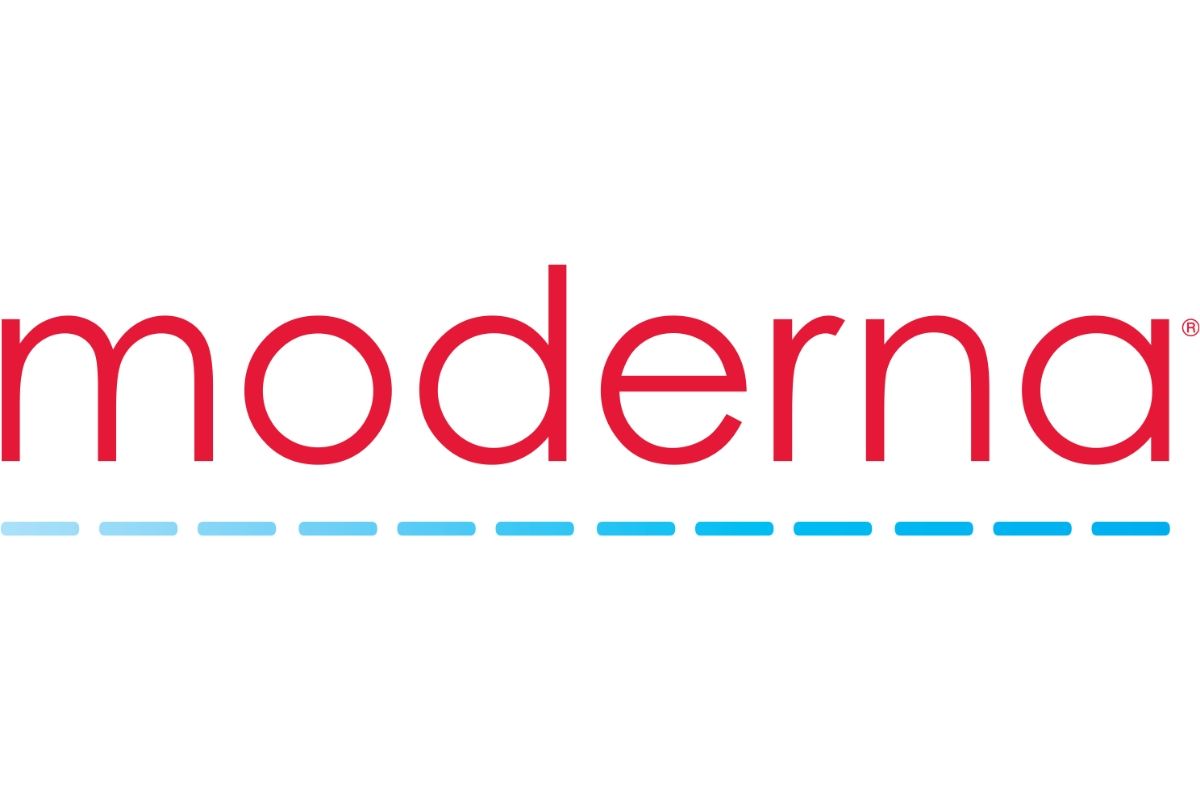
With coronavirus closing schools and forcing so many people to stay inside or wear facemasks every time they step outdoors, COVID-19 is threatening to make everyone stir-crazy well into summer. And unfortunately, the safety of herd immunity remains a long way off.
In the meantime, scientists are battling coronavirus in a number of ways, and one of them—Moderna—already has a vaccine in clinical trials. Moderna is a biotechnology company driving toward the discovery and development of drugs based on messenger RNA (mRNA). The company was co-founded by Robert Langer, Sc.D., who is a professor at the David H. Koch Institute at MIT, and is funded by Breakthrough T1D. Since the outbreak of the pandemic, researchers at Moderna have been working on a vaccine. Moderna is partnering with the National Institutes of Health (NIH) to streamline the vaccine development process.
 On March 27th, the NIH announced that enrollment for a NIH-led phase I study of COVID-19 would begin with adult volunteers between the ages of 18-55. Moderna was able to get their prospective vaccine, called mRNA-1273, into humans for testing so quickly for two key reasons. First, they had prior preclinical research experience with creating a vaccine for coronaviruses. Second, their mRNA approach to therapies means they are able to bypass the need for the virus itself.
On March 27th, the NIH announced that enrollment for a NIH-led phase I study of COVID-19 would begin with adult volunteers between the ages of 18-55. Moderna was able to get their prospective vaccine, called mRNA-1273, into humans for testing so quickly for two key reasons. First, they had prior preclinical research experience with creating a vaccine for coronaviruses. Second, their mRNA approach to therapies means they are able to bypass the need for the virus itself.
In the past, Moderna collaborated with the NIH on a vaccine for MERS-CoV, a different type of coronavirus than the current pandemic. Though that program was only at the research stage, it proved able to cause an antibody response that gave protection against the MERS-CoV virus. This and other significant insights helped the team mobilize a response so quickly.
But it’s not just knowing a target that is expediting this process. Moderna was able to skip an entire step normally needed to create a vaccine, because of their mRNA technology. mRNA is an information molecule, and Moderna designed its vaccine using the sequence of the virus, not the virus itself.
“Moderna researchers did not need the live virus to develop an mRNA vaccine against the novel coronavirus,” says Dr. Langer. “All they needed was the genetic sequence of the virus.”
So as soon as China shared the genetic sequence of COVID-19 in early January, Moderna was off and running. Using this approach, Moderna and the NIH were able to go from sequence to a vaccine candidate ready for human testing in record time, just 42 days.
Moderna is already preparing for the next stage in this process, a potential phase II study. They are building on data from the ongoing phase I study being conducted by the NIH. A phase II study would include a larger number of enrolled people, so manufacture of the mRNA-1273 material for those groups is already under way.
Timeline of Moderna’s response to COVID-19
- On January 11, 2020, Chinese authorities shared the genetic sequence of the novel coronavirus.
- On January 13, the NIH and Moderna’s infectious disease research team finalized the sequence for mRNA-1273, the company’s vaccine against the novel coronavirus.
-
- At that same time, the National Institute of Allery and Infectious Diseases (NIAID) disclosed their intent to run a phase I study using the mRNA-1273 vaccine in response to the coronavirus threat. Moderna mobilized toward clinical manufacture. Manufacture of this batch was funded by the Coalition for Epidemic Preparedness Innovations (CEPI).
- On February 7, the first clinical batch was completed, only 25 days from sequence selection to vaccine manufacture. The batch then proceeded to analytical testing for release.
- On February 24, the clinical batch was shipped from Moderna to the NIH for use in their phase I clinical study.
- On March 4, the U.S. Food and Drug Administration (FDA) completed its review of the Investigational New Drug (IND) application filed by the NIH for mRNA-1273 and allowed the study to begin clinical trials.
- On March 16, the NIH announced that the first participant in its phase I study for mRNA-1273 was dosed, a total of 63 days from sequence selection to first human dosing.
- On March 23, Moderna filed a report that included information regarding the potential timing of the availability of a vaccine against COVID-19. The company said that while a commercially-available vaccine is not likely to be available for at least 12-18 months, it is possible that under emergency use, a vaccine could be available to healthcare professionals in the fall of 2020.
- On March 27, the NIH announced that Emory University in Atlanta would begin enrolling healthy adult volunteers ages 18 to 55 years in the NIH-led phase I study of mRNA-1273.
On April 16, Moderna announced an award from U.S. government agency BARDA for up to $483 million to accelerate development of mRNA-1273. This award will fund the development of mRNA-1273 to FDA licensure and manufacturing process scale-up to enable large-scale production in 2020 for pandemic response.